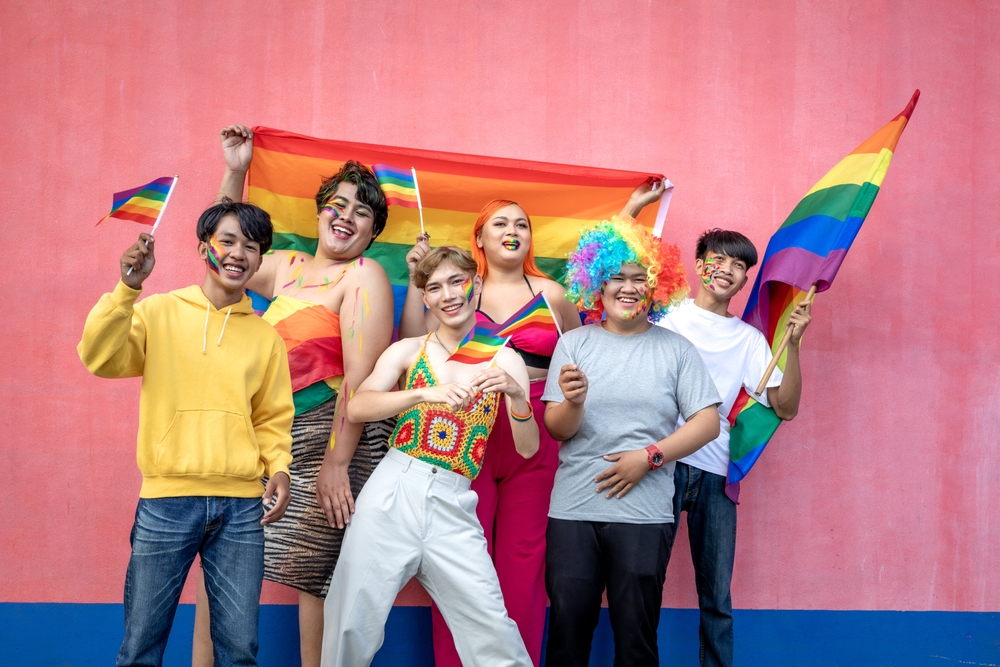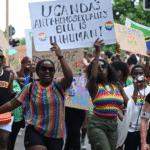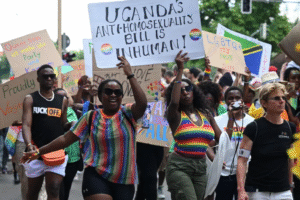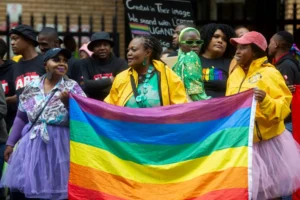Europe has been recognized as a continent making strides in human rights protections, particularly for LGBTI (lesbian, gay, bisexual, transgender, and intersex) communities. While many countries have embraced legislation promoting equality, challenges remain, reflecting. The complex social, political, and cultural landscape of the region.
Legal Progress Across the Continent
Several European nations have implemented progressive laws to protect LGBTI rights. Same-sex marriage is now legal in a majority of EU countries, and anti-discrimination laws extend protections in employment, education, and public services. The EU Charter of Fundamental Rights guarantees equality for all, explicitly forbidding discrimination based on sexual orientation and gender identity.
Countries like Malta and Belgium are recognized for their comprehensive LGBTI protections. Including access to healthcare, legal gender recognition, and adoption rights. This legal progress highlights the commitment of many European nations to building inclusive societies.
Ongoing Challenges and Setbacks
Despite these achievements, significant challenges persist. Surveys indicate that LGBTI individuals in parts of Europe continue to face harassment, violence, and social exclusion. Transgender and intersex persons often experience higher rates of physical and verbal abuse compared to other groups.
Moreover, some countries have recently introduced restrictive measures that limit LGBTI freedoms. Hungary, for instance, has implemented laws restricting Pride events and proposed policies that could infringe on personal freedoms. Slovakia’s constitutional amendment recognizing only two sexes has raised concerns about the legal recognition and protection of transgender and intersex individuals.
The Role of Advocacy and Support Networks
Advocacy organizations play a critical role in defending LGBTI rights in Europe. ILGA-Europe, with its network of over 700 member organizations, works tirelessly to monitor legal developments, lobby for progressive legislation, and provide support to local activists. Their work ensures that governments remain accountable and that human rights standards continue to evolve in favor of equality.
The European Union also actively promotes LGBTI rights through its external policies, supporting initiatives to combat discrimination and protect vulnerable communities across Europe and beyond

Building an Inclusive Future
Creating a Europe that is fully inclusive for LGBTI individuals requires more than legislation. Education, public awareness campaigns, and community engagement are essential to changing societal attitudes. Countries that invest in these initiatives often experience lower rates of discrimination and higher acceptance of diverse identities.
Collaboration between governments, advocacy groups, and citizens is key to ensuring that human rights for LGBTI individuals are not only protected on paper but are also respected in everyday life.
Conclusion
While Europe has made commendable progress in securing rights for LGBTI communities, the journey is far from over. Continued advocacy, legal reforms, and societal education are necessary to overcome persistent challenges and create a truly inclusive environment for all. The protection of LGBTI rights is a measure of Europe’s broader commitment to human dignity, equality, and justice.








0 Comments In This Topic: